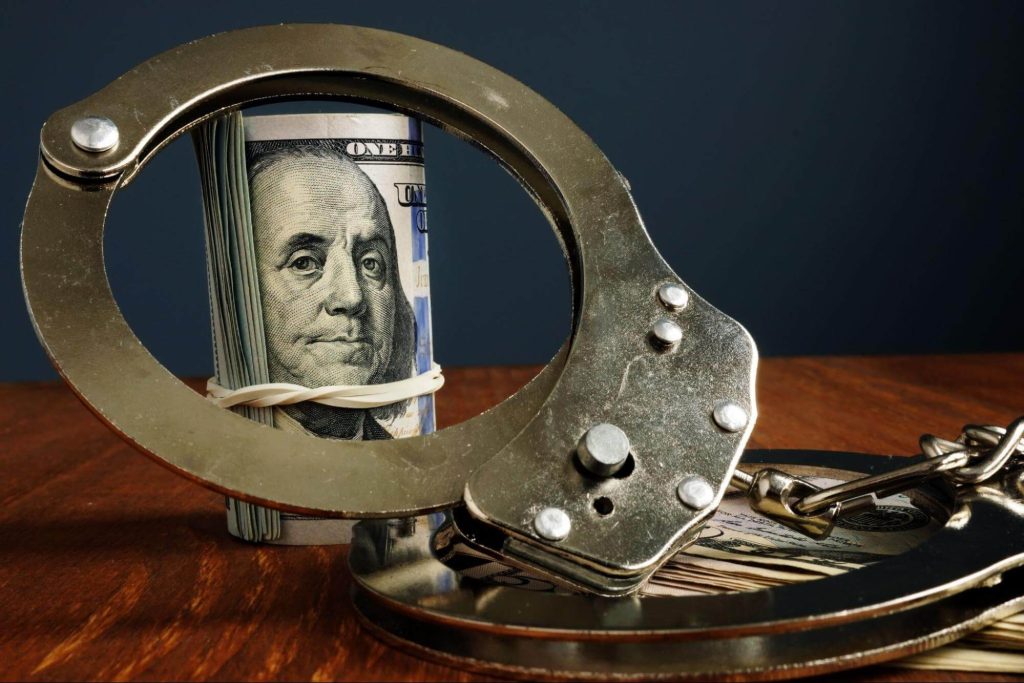When Can a Judge Raise Bail?

Many people think that once bail is set, it can’t change, but this isn’t true. You can even post bail, head home, and then be notified by your bail bond agent that the judge has increased your bail amount. This new amount will need to be settled, or you could be sent back to jail. There are several reasons why a bail amount can increase. Here is a look at some of these reasons why bail might increase, how bail is initially set, and what you can do if your bail amount increases. If you need bail services give Just Bail Bonds a call.
The Defendant Faces a More Serious Offense or Additional Charges
If a bail amount has been set for a misdemeanor charge, but then the defendant faces a new and more serious charge, the judge can raise bail. Also, if additional charges are added as the investigation proceeds, bail can also increase.
Threat to the Safety of the Public
The bail amount could be increased if the judge sees that the defendant is a threat to the public, themselves, or those close to them. If the arrest charges lead to depression and thoughts of self-harm, the judge can revoke bail to keep the defendant safe. Bail can also be increased if the defendant doesn’t honor the original bail conditions. This can also lead to a judge denying bail altogether.
The Victim’s Injuries Worsen
If the victim has injuries that are related to the crime, and they become worse or even life threatening, the judge can set a higher bail amount.
Escalated Damage
Similar to a victim’s injuries worsening, if property damage worsens, this can also raise bail.
Past Criminal Record
Once the judge has had the chance to take a look at the criminal history of the defendant, they may discover more information. If it comes to light that the defendant is on parole or probation, bail may be increased or revoked. The court will recall the defendant to modify the bail arrangement.
How Is Bail Set in the First Place?
A judge considers many factors when initially setting bail after an arrest. Some factors are coded into law, meaning that some charges have minimum bail requirements. However, a judge can set a higher number based on a variety of circumstances.
These circumstances include how likely you are to show up for court and whether you present a danger to others. If you are considered a flight risk and might skip town before trial, the bail will increase or be revoked entirely. The same situation is possible if you are considered dangerous.
What to Do If Bail Changes
There are really only two options if your bail increases. The first thing you can do is contest the increase. To do this, you will need your lawyer to make a case to the judge and argue that you are not a flight risk or a danger to others. Before trying this, your lawyer should have a good idea of whether this could be successful or not, so it’s best to consult with them.
Your only other option is to simply pay the increased bail amount. This will require you to change your bond, but everything will still work out the same way. Your original bond can be expanded to cover the new bail. You will need to have a conversation with your bond agent about this. As long as you show up for court and do everything you are supposed to do, it should work out.If you need help posting bail, have questions about the bail bond process, or need help dealing with a bail bond that has been raised, look to experienced professionals. Our team at Just Bail Bonds can help you through the entire process. Contact us online or give us a call today.


